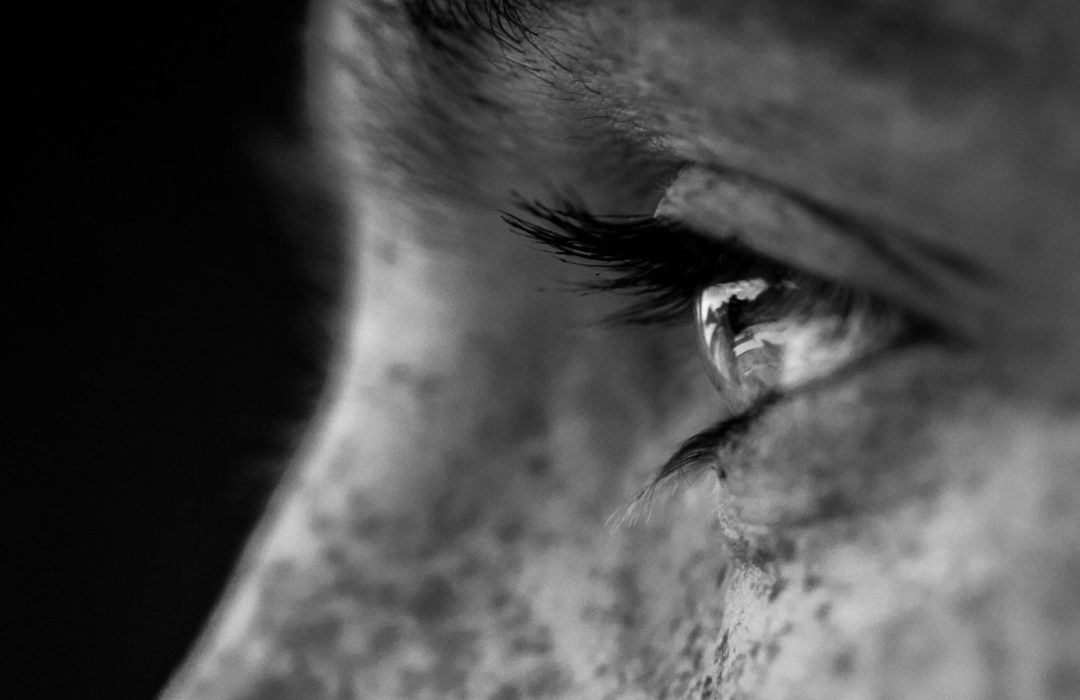
Understanding OCD: The Impact of Trauma
OCD is a mental health condition where individuals experience distressing, intrusive thoughts known as obsessions, leading to repetitive, unwanted behaviours or mental acts, referred to as compulsions. Affecting approximately 2% of the population, OCD commonly emerges during childhood or adolescence, posing significant challenges in daily functioning.
Understanding the causes of OCD, which range from neurological pathways, brain chemistry, genetic factors, and traumatic life events, is vital for developing effective treatments. Focusing on the relationship between trauma and OCD, this article explores how traumatic experiences can trigger or exacerbate obsessive-compulsive behaviours, underlining the importance of tailored, evidence-based interventions for managing symptoms.
Understanding OCD
OCD, a complex mental health condition, is influenced by a combination of genetic, environmental, and psychological factors. Understanding these factors is crucial for comprehending its pathophysiology and tailoring effective treatments.
- Genetic and Biological Factors:
- Family history shows OCD may run in families, indicating a genetic predisposition. This is further evidenced by how genes affect brain responses to neurotransmitters like dopamine and serotonin.
- Certain infections, including group A streptococcal infections, Lyme disease, and the H1N1 flu virus, have been linked to triggering OCD symptoms in children.
- Environmental and Psychological Triggers:
- Stressful life events, including childbirth, severe conflicts, or traumatic brain injuries, can act as catalysts for OCD.
- Approximately 60% of patients with OCD report the onset of symptoms following a stressful life event, with a notable prevalence of contamination OCD in these instances.
- Symptoms and Categories:
- OCD manifests through a variety of obsessions and compulsions, categorised into types such as checking, fears of contamination, and hoarding.
- Common obsessions include fear of contamination, losing control, and perfectionism. Compulsions may involve excessive washing, checking, and repeating routine activities.
Understanding these aspects of OCD helps in identifying potential triggers and developing targeted interventions for those affected.
The Role of Trauma in OCD
Trauma significantly influences the onset and exacerbation of OCD, with a noted prevalence of 30-82% among individuals with a traumatic history, starkly contrasting with 1.1-1.8% in the general population. This statistic underscores the critical role trauma plays in the development of OCD, necessitating its consideration in treatment strategies. The interaction between trauma and OCD manifests through various mechanisms:
- Neurobiological Impact: Traumatic events induce changes in the brain that mirror those observed in OCD, affecting areas responsible for stress response and emotional regulation.
- Behavioural Changes: Trauma often leads to avoidance behaviours; these can evolve into compulsions, serving as a protective mechanism against the recurrence of traumatic experiences.
- Subtype Specification: Trauma OCD, a distinct subtype, emerges from traumatic experiences and is characterised by intrusive thoughts about the event, avoidance behaviours, and ritualistic actions aimed at mitigating distress.
Furthermore, the co-occurrence of PTSD and OCD complicates the clinical picture, with PTSD exacerbating OCD symptoms and vice versa, highlighting the intertwined nature of these conditions and the importance of addressing both in treatment.
Treatment Options for Trauma-Related OCD
Treatment options for trauma-related OCD are multifaceted, incorporating both psychological therapies and medication tailored to the individual’s specific needs and symptoms. Key interventions include:
- Psychological Therapies:
- Cognitive-Behavioural therapy (CBT) is a cornerstone treatment that involves identifying and challenging intrusive thoughts and behaviours.
- Exposure and Response Prevention (ERP): This therapy exposes individuals to their fears in a controlled manner, helping to reduce compulsive behaviours over time.
- Family Therapy is particularly beneficial for children and adolescents. It involves family members in the treatment process to provide support and understanding.
- Interpersonal and Social Rhythm Therapy: Aids in developing consistent routines to reduce symptoms and improve social interactions.
- Cognitive-Behavioural therapy (CBT) is a cornerstone treatment that involves identifying and challenging intrusive thoughts and behaviours.
- Medication:
- Antidepressants, specifically selective serotonin reuptake inhibitors (SSRIs), are frequently prescribed to manage symptoms of trauma-related OCD.
- Alternative Treatments:
- Meditation, yoga, and acupuncture offer additional relief and can be integrated into a comprehensive treatment plan.
Supportive strategies are also crucial, including establishing a robust support system, developing healthy coping mechanisms, and practising mindfulness and self-care. These approaches, combined with realistic goal setting for recovery, form a holistic framework for managing trauma-related OCD effectively.
Conclusion
The journey through understanding OCD, especially in the context of its intricate relationship with trauma, underscores the complexity of this condition and the importance of a nuanced, person-centred approach to treatment. By exploring genetic, environmental, and psychological dimensions, along with the profound impact of traumatic experiences, it becomes evident that managing OCD requires a multifaceted strategy. This article has reinforced the necessity of considering the individual’s unique experiences and symptoms when crafting intervention plans, thereby advocating for a tailored approach that is both responsive and comprehensive.
As we acknowledge the significance of trauma in the exacerbation and onset of OCD, future research and clinical practice must refine and expand treatment modalities continually. Integrating evidence-based psychological therapies, medication, and supportive strategies forms the cornerstone of effective management. However, the interconnectedness of PTSD and OCD, alongside the importance of addressing trauma specifically, highlights an area ripe for further investigation. Ultimately, fostering a deeper understanding of OCD’s multifactorial origins can guide more effective and empathetic care, improving outcomes for those grappling with this often debilitating condition.
